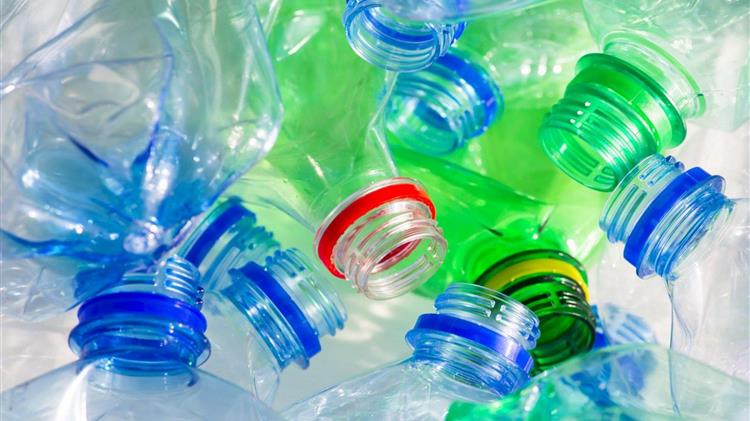The European Commission provided guidance Monday for the new EU rules on single-use plastics set for 3 July which aim to reduce marine litter from single-use plastic products and from abandoned fishing gear.
According to the 2019 EU rules on single-use plastics, by 3 July this year Member States have to ensure that certain single-use plastic products are no longer placed on the EU market. These are selected products for which affordable plastic-free alternatives exist on the market: cotton bud sticks, cutlery, plates, straws, stirrers, balloons sticks, as well as some products made of expanded polystyrene (cups and food and beverage containers) and all products made of oxo-degradable plastic.
For other plastic products, such as fishing gear, single use plastic bags, bottles, beverage and food containers for immediate consumption, packets and wrappers, tobacco filters, sanitary items and wet wipes, different measures apply. These include limiting their use, reducing their consumption and preventing littering through labelling requirements, extended producer responsibility schemes ("polluter pays principle"), awareness campaigns and product design requirements.
The aim of the Guidelines is to ensure that the new rules are applied correctly and uniformly across the EU. The guidelines explain key definitions and terms and were developed through extensive consultations with Member States and interactions with a wide range of stakeholders.
The Implementing Decision on monitoring and reporting of fishing gear placed on the market and waste fishing gear collected enables Member States to fulfil their obligation to report, from 2022, on fishing gear containing plastic placed on the market and fishing gear collected at sea. The aim is to incentivise bringing all fishing gear ashore and improving its handling there by involving extended producer responsibility schemes.
Furthermore, on the basis of the data, Member States with marine waters will have to set, by 31 December 2024, a national minimum annual collection rate of waste fishing gear containing plastic for recycling, with a view to the establishment of binding quantitative Union collection targets. Abandoned, lost or discarded fishing gear accounts for 27% of beach litter, according to the impact assessment of 2018, and a significant proportion of the fishing gear placed on the market is not collected for treatment.
More than 80% of marine litter items are plastics. Single-use plastic products (SUPs) are used once, or for a short period of time, before being thrown away. They are therefore more likely to end up in our seas than reusable options. Plastic accumulates in seas, oceans and on beaches in the EU and worldwide, posing a severe risk to marine life and human health.
Ακολουθήστε το Agrocapital.gr στο Google News και μάθετε πρώτοι τις ειδήσεις
